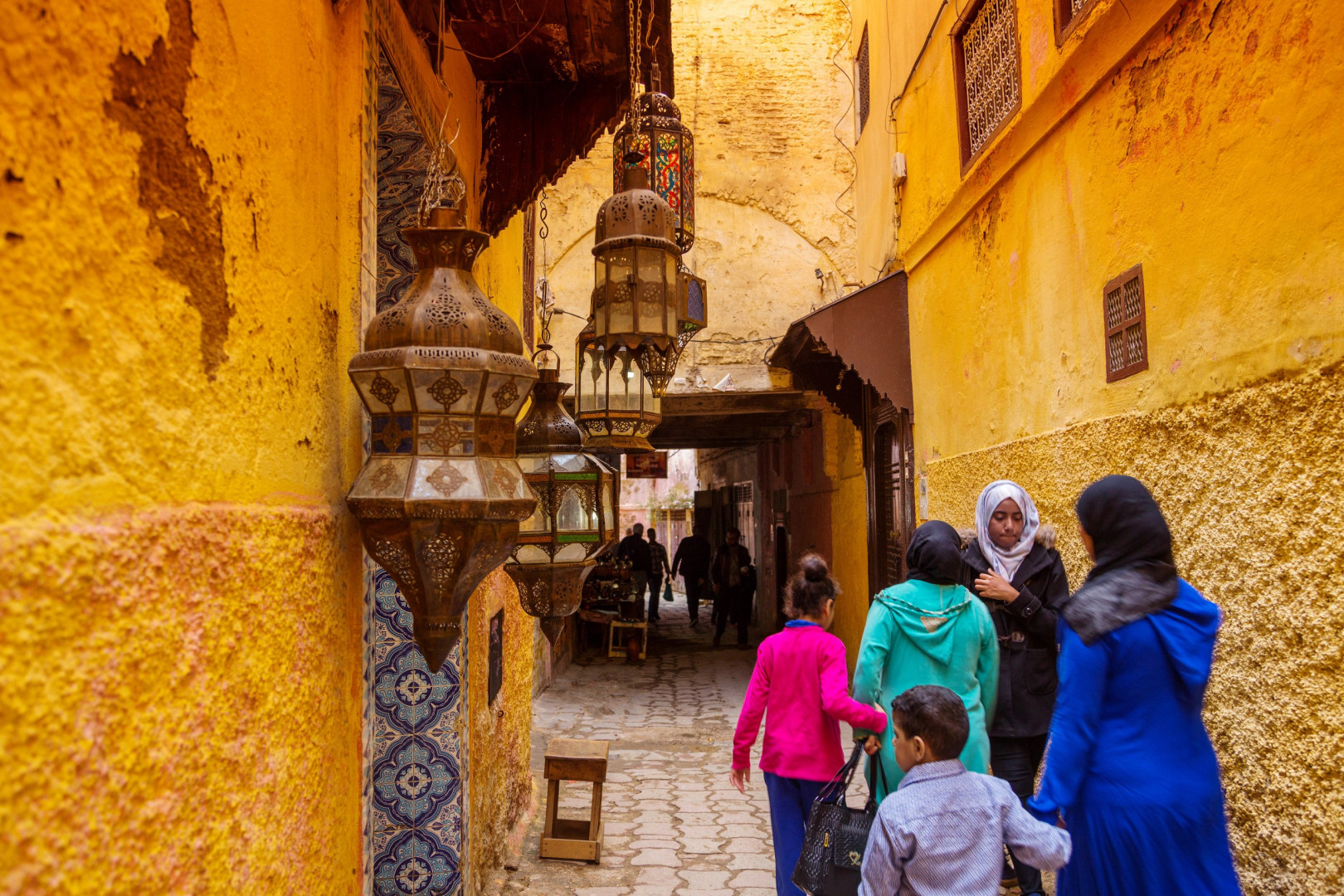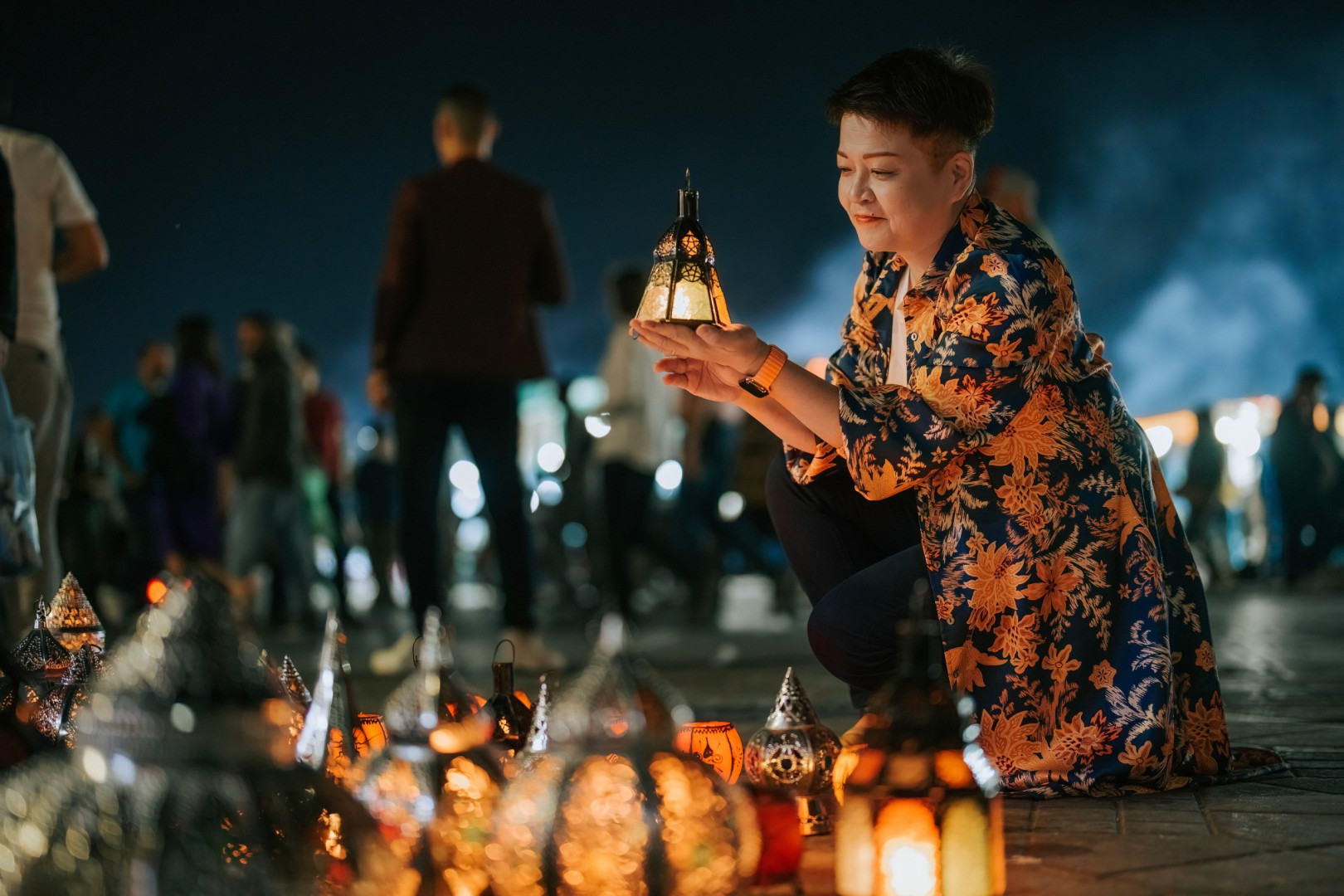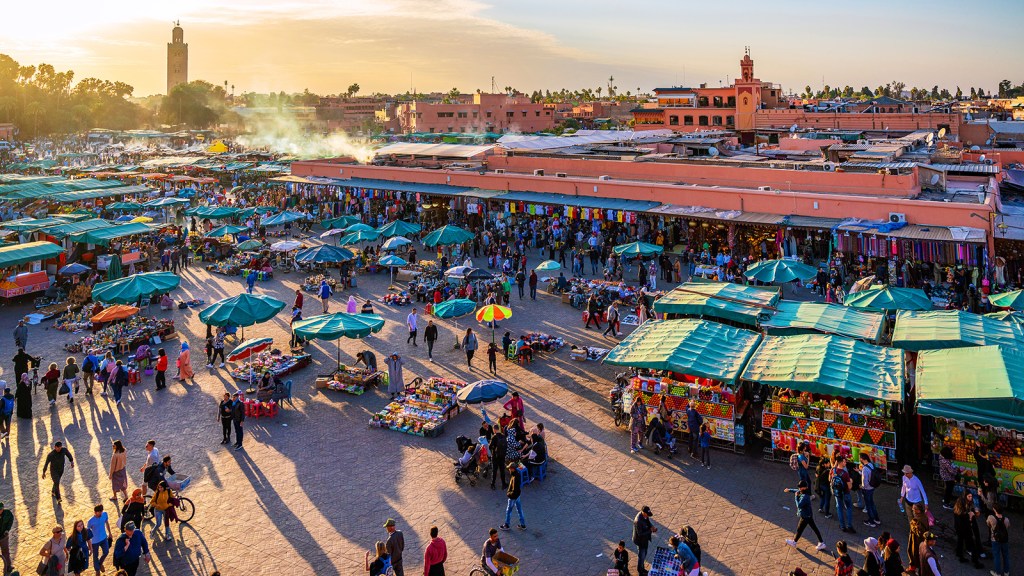Safety and Travel Guidance for Visiting Morocco
Morocco is an appealing destination for a short holiday, with just a three-hour flight from the UK and only an hour’s time difference from GMT (no difference during British Summer Time). Travelers can explore the vibrant culture in cities like Rabat, enjoy water activities in coastal towns such as Essaouira, and hike in the Atlas Mountains around Marrakesh, which has reopened following the earthquakes earlier this year.
Despite its distance from conflicts in the Middle East, some visitors might have concerns about the regional stability affecting this predominantly Muslim country. The UK Foreign Office updated its travel guidance on June 13, 2025, expressing that: “Ongoing hostilities in the region, especially between Israel and Iran, could escalate and create security risks across the area.” Below are essential safety tips for traveling to Morocco.
Current Travel Advice for Morocco

As of now, the Foreign Office does not discourage travel to any region of Morocco, although it has highlighted ongoing tensions in the Middle East. Travelers are advised to stay informed via local and international news outlets, exercise caution, and adhere to local authorities’ guidance.
It’s important to note that the risk of terrorism remains significant, with threats linked to those sympathetic to Islamic State and other extremist organizations. High-risk areas include crowded places, government buildings, public transport, businesses with Western ties, and popular tourist locations.
Impact of Middle Eastern Conflicts on Morocco
Geographically, Morocco is located further from Israel than countries like Italy or Greece and has not directly experienced conflicts between Israel, Hamas, Hezbollah, or Iran. However, the UK Foreign Office has updated warnings due to the potential for regional security implications.
In 2020, Morocco normalized relations with Israel through the US-brokered Abraham Accords, but significant support for Palestinians persists within the country, with various protests occurring. Visitors are advised to avoid participating in any political demonstrations and to stay updated on local news while following directives from security personnel.
Travel Safety in Morocco

While there are no specific travel restrictions, travelers should remain vigilant regarding safety conditions in Morocco.
Petty crimes such as pickpocketing, bag snatching, and motorcycle theft occur frequently, especially in tourist hotspots and historic areas.
Reports of violent incidents involving weapons against tourists have also surfaced, prompting the Foreign Office to recommend avoiding deserted areas after dark and to refrain from carrying large sums of cash or valuable items.
Be cautious of scams, including credit card fraud and misleading tour guides. When hiring a guide in the medina, verify that they have an official badge.
Entry Requirements for Morocco
According to the Foreign Office, UK passport holders do not need a visa for tourism stays up to 90 days. For longer stays, an extension can be requested at a local police station. Ensure your passport is valid for at least three months after entry and is undamaged, as damaged passports may result in denied entry. Remember to have your passport stamped upon arrival to avoid complications upon departure.
Safety for Female Travelers in Morocco

Morocco is generally regarded as safe for female travelers, particularly in resort areas. However, those traveling alone may attract unwanted attention. It is recommended that women wear loose-fitting clothing that covers their arms, legs, and chest.
Safety for LGBT Travelers in Morocco
While Morocco is a popular destination for LGBT travelers, homosexuality is illegal. The Foreign Office advises against public displays of affection, which could potentially lead to harassment or legal problems.




Post Comment